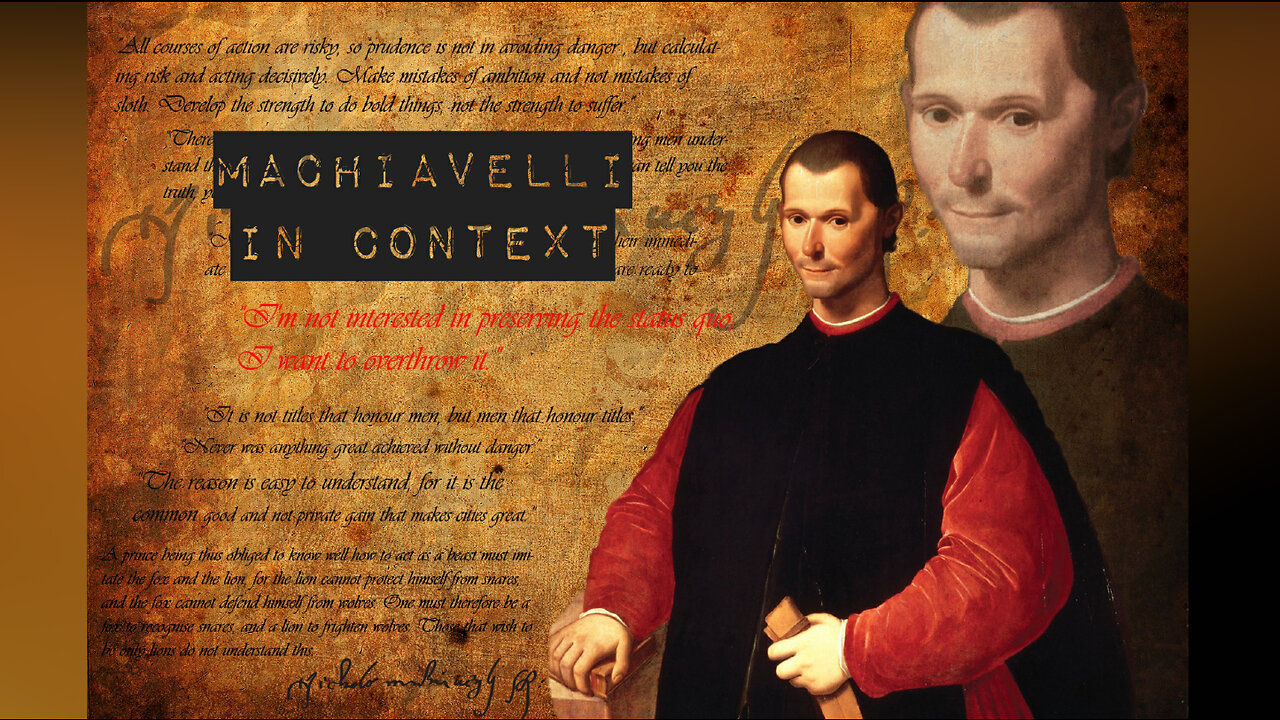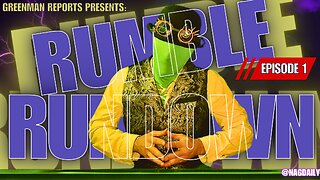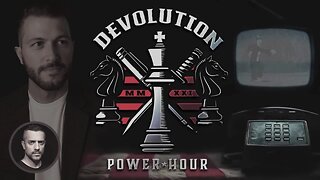Premium Only Content

Machiavelli in Context | Discourses: Why Machiavelli Is a Republican (Lecture 13)
Lecture 13: Machiavelli begins with a systematic look at republics, including an examination of the importance of geography to history. He then lays out the forms of government—a categorization that can be traced to Aristotle—and gives the classic definition of a republic. It is a form of government that combines elements of monarchy, aristocracy (i.e., government by the best), and democracy. Of the world’s republics, Rome was the greatest.
Machiavelli, in opposition to received thought, argues that it was conflict between the traditional rulers (patricians) and the people (plebeians) that led to the full development of Rome’s republican constitution. Hence, conflict is not in and of itself bad. Rather, conflict can be either destructive or positive in a nation. Although it was good for Rome, it was bad for Florence.
It is worthwhile to note that Machiavelli both employs classical thought and corrects it. The past may be a model, but it is never an exact model, nor is it one without flaws and errors.
Recommended Readings:
Machiavelli, Discourses on Livy, translated by Julia Bondanella and Peter Bondanella, Discourse I, preface–chapter 6.
-
 30:18
30:18
The Great Courses
1 month agoGreat Pharaohs of Ancient Egypt | King Narmer: The Unification of Egypt (Lecture 1)
138 -
 9:02
9:02
Advanced Level Diagnostics
6 days ago2007 Toyota Camry - I Wish They Were All This Simple!
3.08K1 -
 4:22
4:22
NAG Daily
12 hours agoRUMBLE RUNDOWN – THE RUMBLE COLLAB SHOW EP.1 W/GreenMan Reports
4.19K6 -
 1:46:35
1:46:35
Badlands Media
1 day agoDevolution Power Hour Ep. 401: Trump’s Third Term, AI Judges & the New Revolution
428K75 -
 4:44:53
4:44:53
MattMorseTV
11 hours ago $225.27 earned🔴Antifa action INBOUND.🔴
208K121 -
 2:11:24
2:11:24
Tundra Tactical
14 hours ago $84.98 earnedTundra Nation Live - Tundra's Guns?? We Finally See What Tundra Shoots
51.7K4 -
 2:44:07
2:44:07
BlackDiamondGunsandGear
14 hours agoAFTER HOURS ARMORY / Whiskey & Windage
28.4K2 -
 23:56
23:56
marcushouse
22 hours ago $26.44 earnedStarship Began the Demolition!? 🔥
48.2K6 -
 17:59
17:59
JohnXSantos
1 day ago $7.95 earnedI Gave AI 14 Days to Build NEW $5K/MONTH Clothing Brand
31.2K4 -
 2:44:07
2:44:07
DLDAfterDark
12 hours ago $37.02 earnedGun Talk - Whiskey & Windage - The "Long Range" Jouney - After Hours Armory
35.7K2